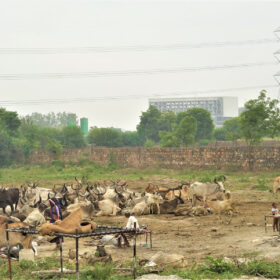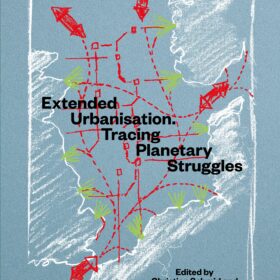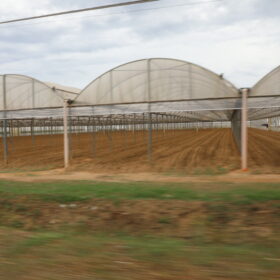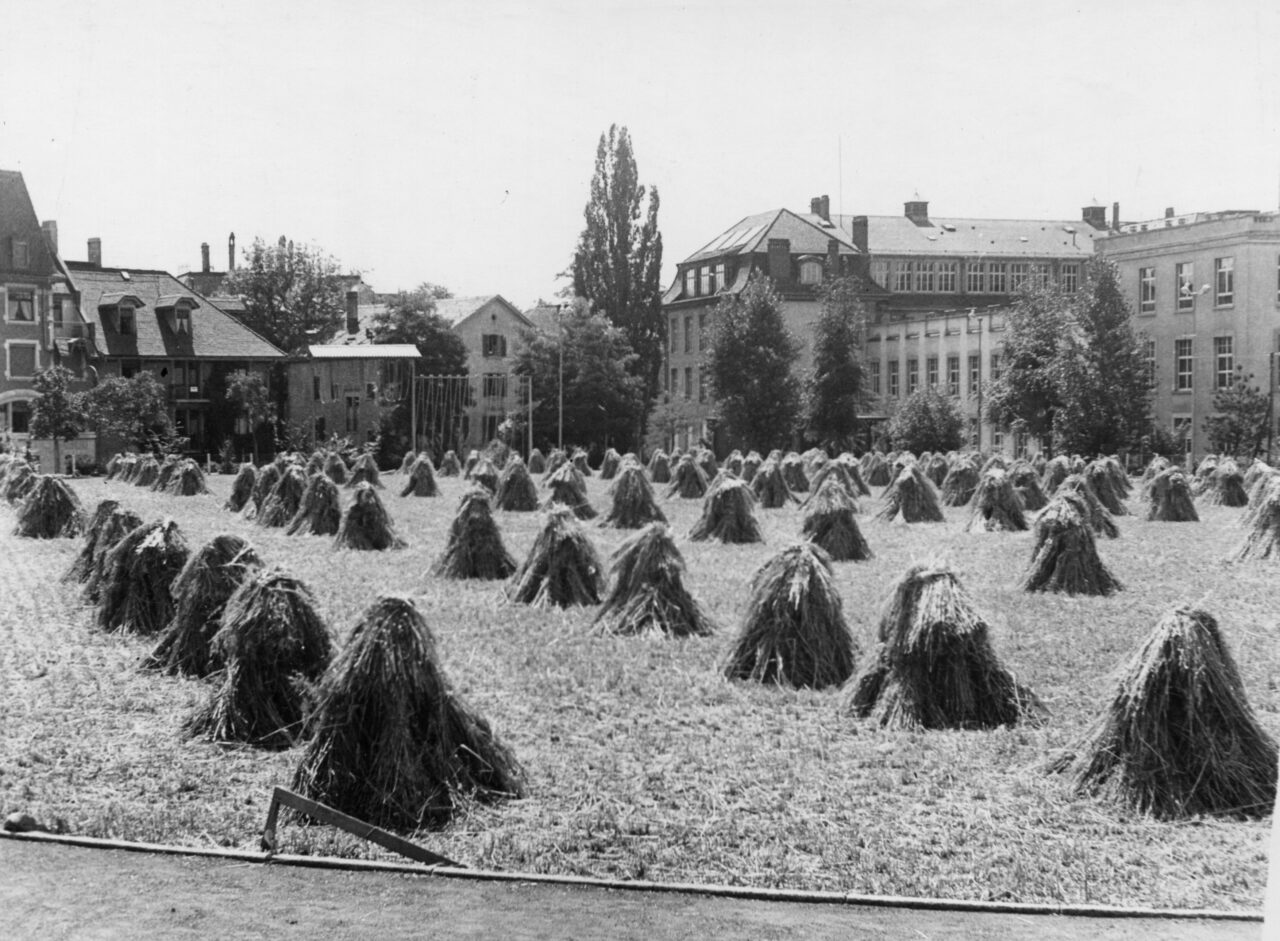
Urban farming and agrarian struggles are reshaping cities and urbanising landscapes. In Zurich and beyond, agroecological initiatives, political food movements, and global urbanisation projects reveal how urban and agrarian worlds are entangled and enmeshed – offering new ways to rethink planning, property, urban ecology, and the future of urbanisation.
A notable trend I’ve observed during my years living intermittently in Zurich since 2012 is the growing presence and politicisation of agrarian initiatives in the urban landscape. This is marked by two key developments. First, the emergence and consolidation of agroecological and solidarity-based agricultural initiatives, such as meh als gmües, which grew out of the housing cooperative mehr als wohnen. Dozens of similar initiatives across the Canton of Zurich have been carefully documented by the MAS Urban and Territorial Design programme led by Milica Topalovic and her team since 2021.
Second, political movements in Switzerland have increasingly called for a reassessment of the international food regimes that support Swiss consumption, particularly given the country’s heavy reliance on food imports. These calls reflect a rising political awareness of the global ecological impacts of urban food regimes, linking urban life in Switzerland to environmental and agrarian change abroad.
Agrarian Landscapes are Being Integrated into the Global Neoliberal Economy
Meanwhile, in global peripheries such as my native India, agrarian landscapes are undergoing dramatic transformations in efforts to integrate into the global neoliberal economy. These efforts represent a rapid and compressed leap from feudalism to techno-futurism, marked by the ongoing urbanisation of agrarian land involving transnational financial investments and consultancies. Here, agrarian class structures and livelihoods are not fully erased by urbanisation, but instead become entangled in it. Swiss actors are implicated in these shifts – for instance, Zurich Airport International AG is constructing Delhi’s second airport on the city’s agrarian periphery – one of many projects where Swiss planning and infrastructure firms shape large-scale urban-agrarian transitions abroad.
These developments resonate with the shift prompted by debates on Planetary Urbanisation since 2012, led by Christian Schmid, Neil Brenner, and colleagues. Their work calls for a rethinking of urbanisation beyond the city, while scholars of agrarian change have increasingly turned toward urban questions. Together, these inquiries form a growing body of literature that explores the entangled dynamics of agrarian and urban life.
The notion of agrarian urbanism, often linked with avant-garde planning imaginaries such as Frank Lloyd Wright’s Broadacre City, is being reclaimed today as an epistemic lens. It challenges the rural-urban binary and enables new ways of thinking across disciplinary divides – particularly between landscape architecture, spatial design, urban planning, and agrarian studies.
In a forthcoming special issue of Landscape Research on Agrarian Urbanism, Luca Lazzarini and I propose this framework for examining contemporary spatial transformations. We argue that it enables us to move beyond the rural-urban divide and better address the complex socio-spatial entanglements of our time – reframing urbanisation not as a rupture from the agrarian past, but as its ongoing reconfiguration, as a portal towards agroecological alternatives and towards an urbanism otherwise.
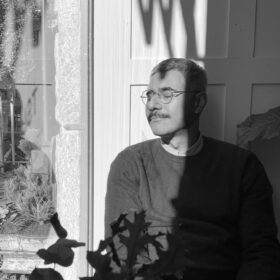 Dr. Nitin Bathla is a Zurich-based scholar and practitioner working at the intersection of urbanisation, the environment, and society, bridging the disciplines of urban studies, ecology, geography, and sociology. He is the author of the award-winning book Researching Otherwise: Pluriversal Methodologies in Landscape and Urban Studies and the critically acclaimed documentary film Not Just Roads. His transdisciplinary and pluriversal research approaches actively combine academic inquiry with artistic practices such as filmmaking and socially engaged art.
Dr. Nitin Bathla is a Zurich-based scholar and practitioner working at the intersection of urbanisation, the environment, and society, bridging the disciplines of urban studies, ecology, geography, and sociology. He is the author of the award-winning book Researching Otherwise: Pluriversal Methodologies in Landscape and Urban Studies and the critically acclaimed documentary film Not Just Roads. His transdisciplinary and pluriversal research approaches actively combine academic inquiry with artistic practices such as filmmaking and socially engaged art.
